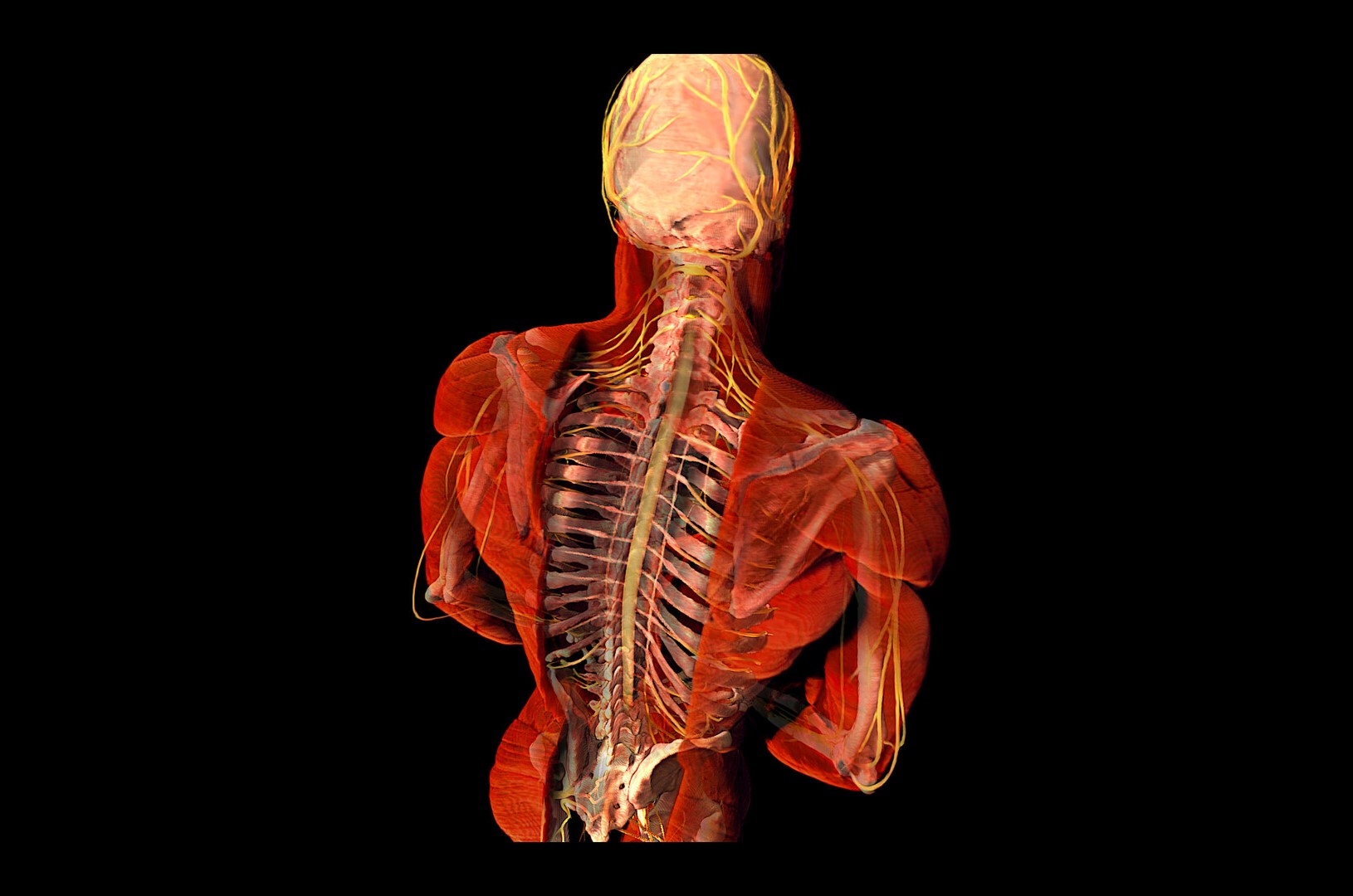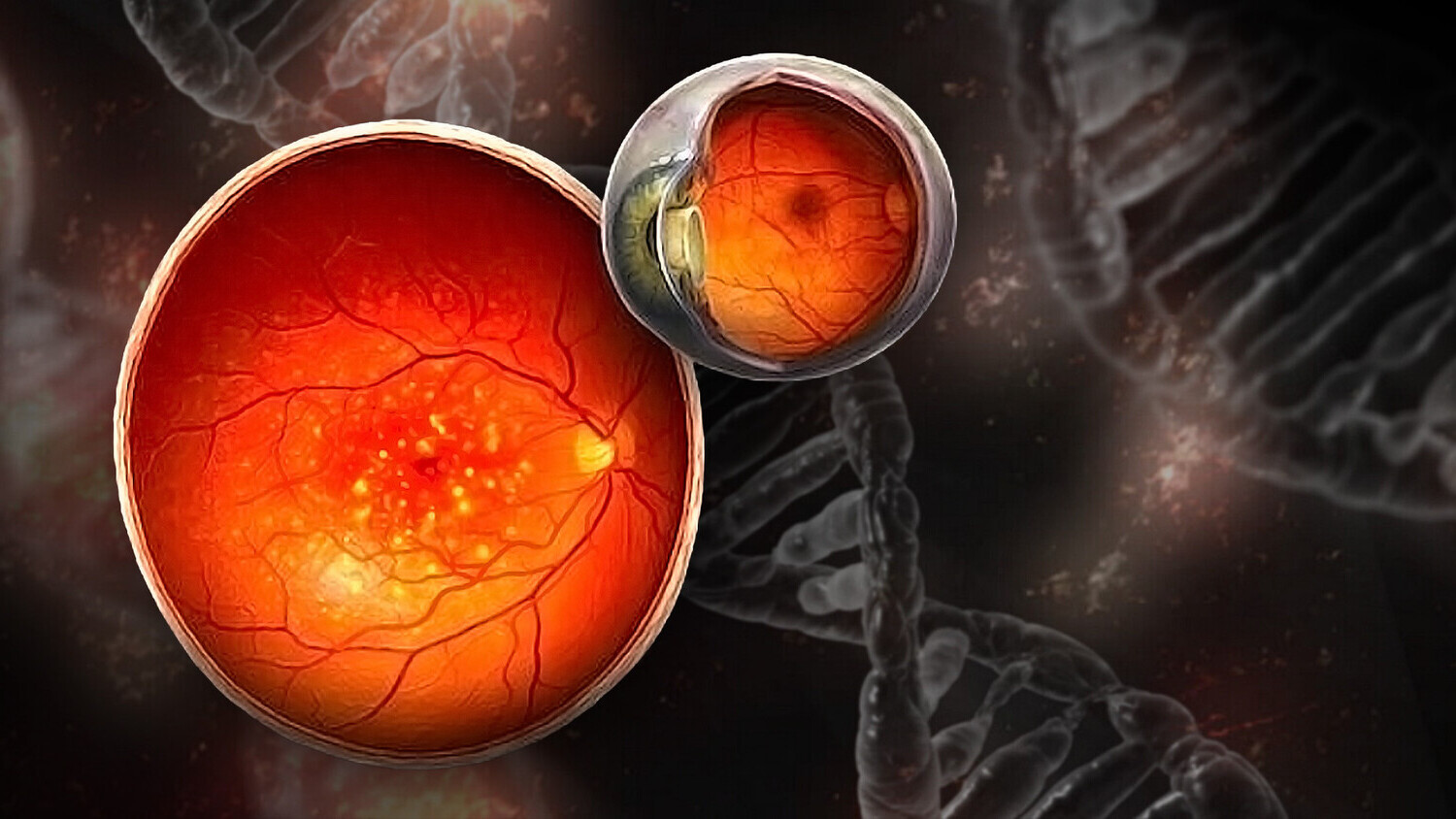
Adenosine Monophosphate Deaminase Deficiency might sound like a mouthful, but understanding it can be simpler than you think. This genetic condition affects the muscles' ability to produce energy, leading to symptoms like muscle pain, cramps, and fatigue. AMPD1 deficiency is often inherited and can vary in severity from person to person. Some people might not even know they have it, while others could experience significant discomfort during physical activities. Knowing the basics of this condition can help in recognizing symptoms and seeking appropriate medical advice. Let's break down 15 essential facts about Adenosine Monophosphate Deaminase Deficiency to give you a clearer picture.
What is Adenosine Monophosphate Deaminase Deficiency?
Adenosine Monophosphate Deaminase Deficiency (AMPD) is a rare metabolic disorder. It affects the body's ability to break down adenosine monophosphate (AMP) during energy production. This condition can lead to muscle fatigue and other symptoms.
-
AMPD is a genetic disorder. It is inherited in an autosomal recessive manner, meaning both parents must carry the gene.
-
The disorder is caused by mutations in the AMPD1 gene. This gene provides instructions for making the enzyme adenosine monophosphate deaminase.
-
AMPD primarily affects skeletal muscles. These muscles are responsible for movement and posture.
Symptoms of AMPD
Symptoms can vary widely among individuals. Some people may experience severe symptoms, while others may have mild or no symptoms at all.
-
Muscle fatigue is the most common symptom. This fatigue can occur during or after physical activity.
-
Some individuals may experience muscle pain. This pain can range from mild to severe.
-
Exercise intolerance is another common symptom. People with AMPD may find it difficult to sustain physical activity.
Diagnosis of AMPD
Diagnosing AMPD involves several steps. Medical professionals use a combination of clinical evaluation, laboratory tests, and genetic testing.
-
A muscle biopsy can help diagnose AMPD. This procedure involves taking a small sample of muscle tissue for examination.
-
Blood tests can measure enzyme activity. Low levels of adenosine monophosphate deaminase can indicate AMPD.
-
Genetic testing can confirm the diagnosis. This test looks for mutations in the AMPD1 gene.
Treatment Options for AMPD
There is no cure for AMPD, but treatments can help manage symptoms. Treatment plans are often tailored to the individual's needs.
-
Physical therapy can help improve muscle strength. It can also help manage muscle fatigue.
-
Dietary changes may be beneficial. Some individuals find relief by following a high-protein, low-carbohydrate diet.
-
Medications can help manage pain. Nonsteroidal anti-inflammatory drugs (NSAIDs) are commonly used.
Living with AMPD
Living with AMPD can be challenging, but many people find ways to manage their symptoms and lead active lives.
-
Regular exercise can be beneficial. Low-impact activities like swimming or cycling are often recommended.
-
Support groups can provide emotional support. Connecting with others who have AMPD can be helpful.
-
Ongoing medical care is important. Regular check-ups with a healthcare provider can help monitor the condition and adjust treatment as needed.
Final Thoughts on AMP Deaminase Deficiency
Understanding Adenosine Monophosphate Deaminase Deficiency can be a game-changer for those affected. This genetic disorder impacts muscle function, leading to fatigue and cramps. Early diagnosis helps manage symptoms better. Genetic testing can confirm the condition, and lifestyle changes, like a balanced diet and regular exercise, can improve quality of life.
While there's no cure, treatments focus on symptom relief. Supplements like ribose might help some people. Consulting healthcare professionals for personalized advice is crucial. Raising awareness about this condition can lead to better support and resources for those affected.
Staying informed empowers patients and their families. Knowledge about AMP Deaminase Deficiency enables proactive management, improving daily life. Keep learning, stay proactive, and support those around you dealing with this condition.
Was this page helpful?
Our commitment to delivering trustworthy and engaging content is at the heart of what we do. Each fact on our site is contributed by real users like you, bringing a wealth of diverse insights and information. To ensure the highest standards of accuracy and reliability, our dedicated editors meticulously review each submission. This process guarantees that the facts we share are not only fascinating but also credible. Trust in our commitment to quality and authenticity as you explore and learn with us.


